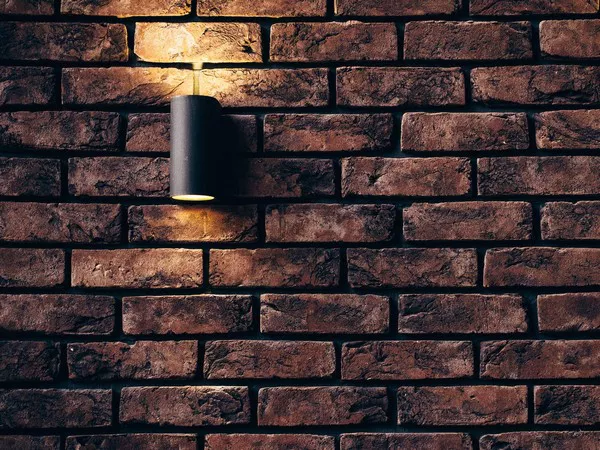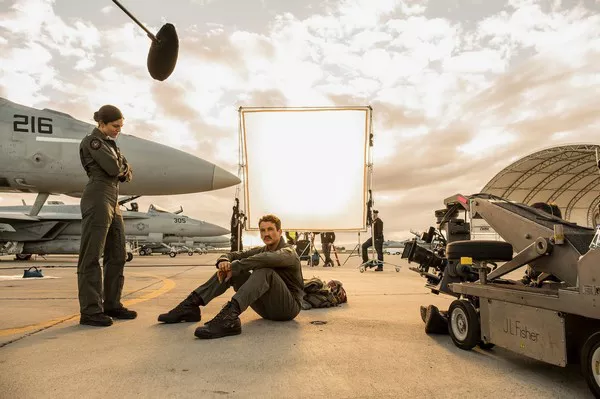Sir Michael Caine has confirmed his official retirement from acting at the age of 90.
The veteran British actor announced the news in an interview with BBC Radio 4’s Today programme on Saturday.
“I keep saying I’m going to retire. Well, now I have,” Caine said. He had previously hinted at his imminent retirement in an interview with The Telegraph last month, saying he was “sort of” retired.
His last screen appearance will be in Oliver Parker’s The Great Escaper, a biographical film about Second World War veteran Bernard Jordan, who breaks out of a care home to attend the 70th anniversary of D-Day in 2014. The film was released on 6 October.
“I thought, I’ve got a film where I’m the lead and it’s getting incredible reviews,” Caine said. “The only parts I’m probably going to get now are old men, 90-year-old men, maybe 85. And I thought, ‘Well, I might as well go out with all this – I’ve got wonderful reviews. What do I have to do to beat that?'”
He added: “You don’t have leading men at 90, you’ve got young, pretty boys and girls.
However, he does see value in older people being portrayed on screen: “For me, it’s not quite as diminishing as you think,” he explained. “I remember when I was young I used to talk to old men in their 90s and they weren’t at all like me. They were little tiny old men with hunched shoulders… And I thought, I’m not like that and it’s changed”.
Caine’s career has spanned several decades and genres. He became a household name in the 1960s, starring in such classics as Zulu and The Italian Job. He has collaborated with Christopher Nolan on several occasions, playing Alfred Pennyworth in the director’s Batman films, as well as appearing in Inception and Interstellar, among other Nolan titles. He’s also appeared in comedies such as Alfie and Austin Powers in Goldmember.
Caine has received numerous awards throughout his career, including the Academy Award for Best Supporting Actor for his performances in Hannah and Her Sisters (1986) and Cider House Rules (2002). Caine was also knighted by Queen Elizabeth II in 2000.


























